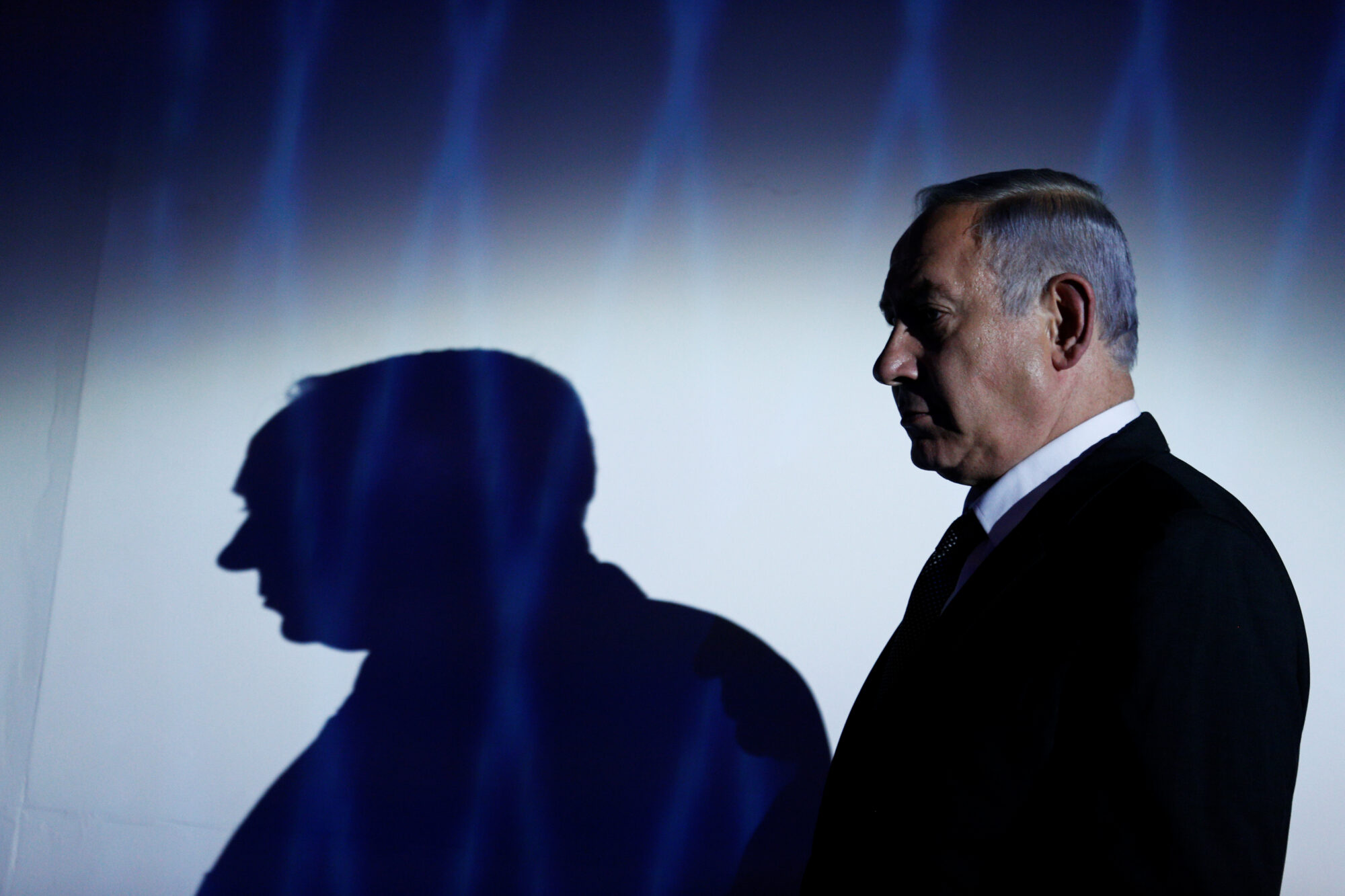
Close asked Mark O’Brien, confined to an iron lung, to write about sex and disability. A documentary she co-produced about him won an Oscar. Photo by Paul Sakuma/The Associated Press.
RELATED ARTICLE
"Reporting from America’s Silent Spaces"
- By Kimberly FrenchSandy Close has twice been portrayed in the movies—both times as the voice of the editor on the phone. In Oliver Stone's 1986 "Salvador," she kept a lifeline open to wartime freelance photojournalist Richard Boyle. Then in the 2012 film "The Sessions," she was on the phone again, this time asking 38-year-old Mark O'Brien, who had lived in an iron lung since contracting polio as a child, if he would write a story about sex and severely disabled people.
It was a Sandy Close kind of question, slicing right to the point, asking what few had thought to, and bordering on audacious. The call put O'Brien, whom Close had called to write for her after seeing his poems in Coevolution Quarterly, on a personal quest to lose his virginity, with the help of a sex surrogate.
Visibly uncomfortable talking about herself, Close likes the offscreen image: "It isn't just a passive ear on the other end of the line, but somebody who really values voices who can tell me what I don't know, somebody who is able to see connections where most people wouldn't, to ask the question no one else would ask."



